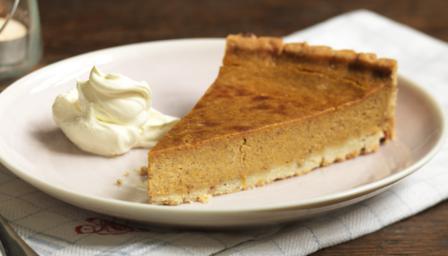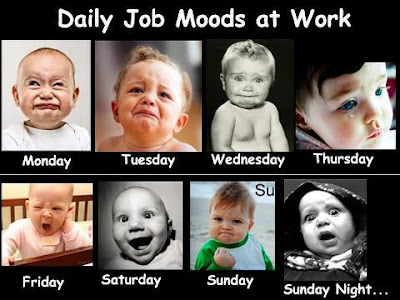Spaniards Celebrate
Christmas Lottery Wins
MADRID -
Winners of Spain's cherished Christmas lottery - the world's richest -celebrated Saturday in more than a dozen locations where the top lucky tickets were sold, a moment of uplift for a country enduring another brutal year of economic hardship.
The lottery sprinkled a treasure chest of €2.5 billion ($3.3 billion) in prize money around the country. Champagne corks popped and festive cheer broke out in 15 towns or cities where tickets yielding the maximum prize of €400,000 ($530,000), known as "El Gordo" ("The Fat One,)" had been bought.
Unlike lotteries that generate a few big winners, Spain's version — now celebrating its 200th anniversary —has always shared the wealth more evenly instead of concentrating on vast jackpots, so thousands of tickets yield some kind of return.
Almost all of Spain's 46 million inhabitants traditionally watch at least some part of the live TV coverage showing school children singing out winning numbers for the lottery.
It is so popular that frequently three €20 ($26) tickets are sold for every Spaniard and many consider lottery day as the unofficial kickoff of the holiday season.
Highlighted are the most difficult vocabulary words, all have to do with lottery and winning prizes. Look up the words you don't know. Here are a few of them:
- uplift: emotional lift
- economic hardship: economic difficulties
- yielding: generating, granting (financially)
- wealth: richness
- jackpot: highest prize
- kickoff: opening, beginning





















